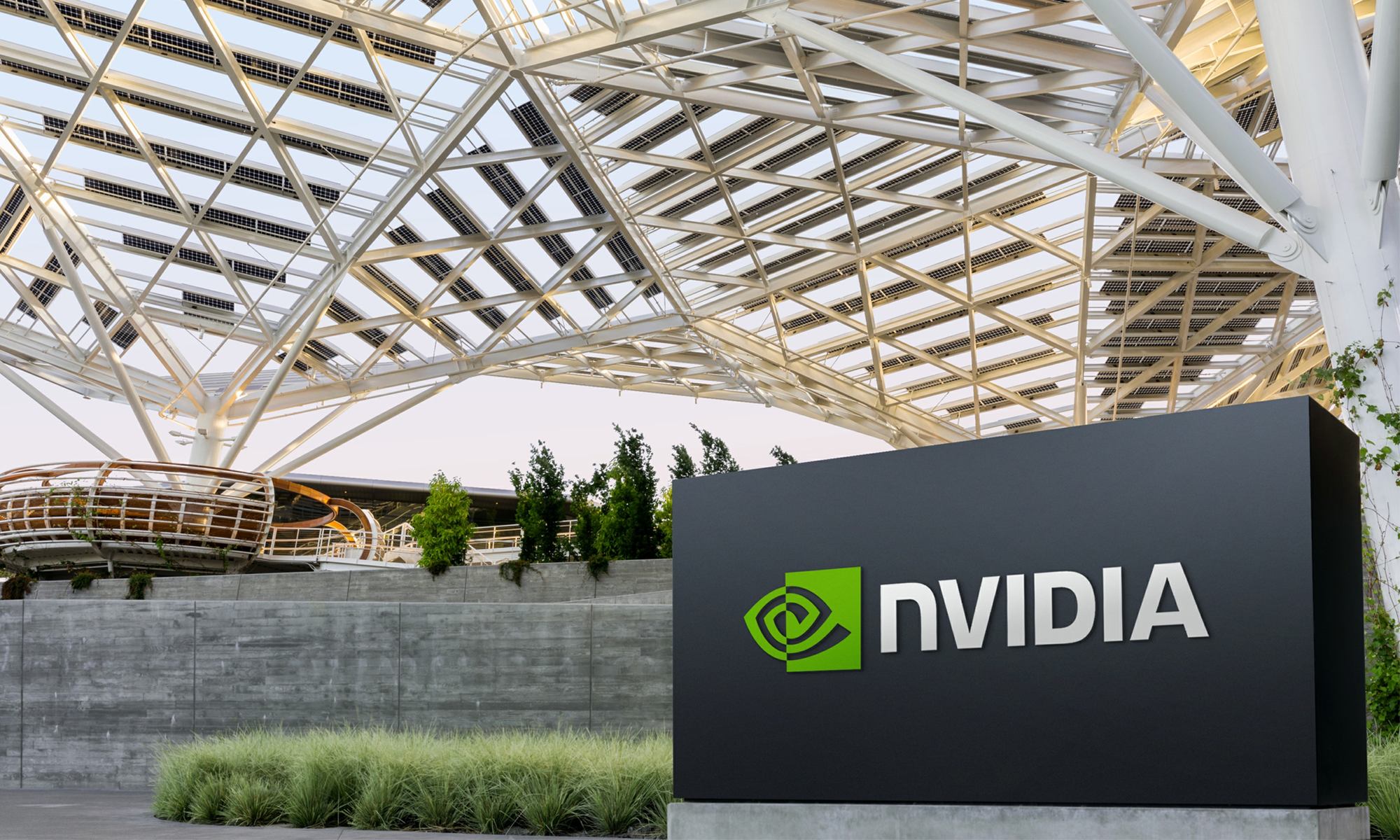Roughly 30 years ago, the advent and proliferation of the internet began positively altering the growth arc for corporate America. The internet gave businesses a new way to market their goods and services to consumers and expanded their reach beyond traditional brick-and-mortar stores.
For three decades, investors have been waiting, sometimes impatiently, for the next-big-thing innovation to propel corporate growth to new heights. The evolution of artificial intelligence (AI) looks to be the answer.
With AI, software and systems are empowered to make split-second decisions without the oversight of humans. This technology is a potential game-changer for multiple industries around the globe, which is likely why PwC's analysts estimated the global addressable opportunity for AI at a whopping $15.7 trillion come 2030 in Sizing the Prize.

Image source: Getty Images.
But while Wall Street's AI titans have thrived -- I'm talking about Nvidia (NVDA 2.82%), Palantir Technologies (PLTR +6.75%), Advanced Micro Devices (AMD 1.75%), Meta Platforms (META 2.07%), and Microsoft (MSFT 2.86%) -- they're all, collectively, offering up a greater than $23 billion warning to Wall Street.
Triple-digit returns have become the norm with industry-leading AI stocks
Before digging into this "warning" and looking to the future, it's important to first analyze the past and understand how the foundation to mammoth gains was laid for these five artificial intelligence giants.
In one corner, Nvidia and AMD (as Advanced Micro Devices is more commonly known) have rocketed higher thanks to their AI-data center hardware. Nvidia's Hopper (H100) and Blackwell graphics processing units (GPUs) account for a sizable percentage of the AI-GPUs businesses have deployed in their high-compute data centers. No external competitors, including AMD, have come close to matching the compute capabilities of Nvidia's hardware, which has propelled Nvidia's pricing power and gross margin higher.

NASDAQ: NVDA
Key Data Points
Although AMD's Instinct series AI-accelerating chips are playing a very clear second fiddle to Nvidia, it's not struggling to find buyers for its hardware. AMD somewhat recently increased the price for its high-end Instinct MI350 AI-GPUs by a cool $10,000 to $25,000 because of strong demand and ongoing scarcity for AI hardware.
The other three AI titans have made their respective marks via the practical application of AI solutions.
Both of Palantir's core software-as-a-service platforms, Gotham and Foundry, heavily lean on AI and machine learning. Gotham is the tool federal governments use to plan and oversee military missions, as well as collect copious amounts of data. Meanwhile, Foundry is a subscription-driven platform for businesses looking to make sense of their data in order to streamline their operations.

NASDAQ: META
Key Data Points
Meta Platforms has been incorporating AI solutions into its market-leading social media advertising platforms. Meta is the parent of Facebook, WhatsApp, Instagram, Threads, and Facebook Messenger, and its family of apps collectively averaged 3.48 billion users per day in June. By giving businesses access to generative AI solutions, they can better tailor their messages for users and improve ad click-through rates. In turn, Meta is commanding a higher price for ad placement on its apps.
As for Microsoft, it's giving clients access to generative AI solutions, as well as tools within Azure to build and train large language models. Azure is the world's second largest cloud infrastructure service platform, and the incorporation of AI solutions has reaccelerated its already stunning year-over-year sales growth rate to nearly 40%.

Image source: Getty Images.
This more than $23 billion warning to Wall Street shouldn't be ignored
On the surface, little if anything has gone wrong for these five AI juggernauts. But if investors dig deeper, they'll find at least one reason to be concerned.
Among the laundry list of data investors are privy to is insider trading activity. Every time a high-ranking executive, board member, or beneficial owner (e.g., an investor who owns 10% or more of a company's outstanding shares) purchases or sells stock in their company, that person is required to file Form 4 with the Securities and Exchange Commission (SEC) within two business days of the transaction.
The insider trading activity filed with the SEC for these five AI titans over the trailing-five-year period (Aug. 15, 2020 – Aug. 15, 2025) tells quite the tale:
- Nvidia: $4.73 billion in net stock sold by insiders.
- Palantir Technologies: $7.44 billion in net stock sales.
- Advanced Micro Devices: $758 million in net stock sales.
- Meta Platforms: $9.53 billion in net stock sales.
- Microsoft: $894 million in net stock sales.
Cumulatively, insiders of these five AI titans have disposed of a net of $23.35 billion worth of their respective stock over a five-year period (Note: Palantir went public in late September 2020).

NASDAQ: PLTR
Key Data Points
Something to keep in mind about these five AI juggernauts (and many of Wall Street's largest public companies, for that matter) is that executive compensation is often heavily weighted toward common stock, options, and other vesting awards. In other words, wages and salaries tend to make up a relatively small percentage of the compensation the executives at these companies receive.
When insiders receive significant compensation in the form of options or common stock, they sometimes need to sell a portion of their holding to cover their federal and/or state tax liability. Likewise, options have a finite period of existence, and they need to be exercised before they expire. This can also lead to stock sales. Tax and options-based selling aren't reasons for investors to be concerned.
But this selling activity may not all be benign, as evidenced by the lack of buying activity.
Though there are numerous reasons for executives and board directors to sell stock, there's just one reason for them to be buyers: they believe their stock will increase in value. There's arguably no greater vote of confidence than seeing insiders put their own money to work in their respective company's stock.
Here are the total number of purchases made by executives and directors over the trailing-five-year period:
- Nvidia: three -- two by a director in September 2020, and one by the chief financial officer in December 2020.
- Palantir: one, by the former chief accounting officer in May 2025.
- AMD: two, by the executive vice president and chief commercial officer in February 2025 and May 2025.
- Meta Platforms: no insider buys.
- Microsoft: two, by a director in March 2021 and January 2022.
Executives and directors of these five companies have spent just $5.51 million, combined, purchasing their own company's stock over the trailing-five-year period.
If the executives and directors who know their company inside and out aren't willing to purchase their own stock, why should investors feel confident that shares are going to head higher? The overwhelming insider selling we've witnessed from the stock market's AI titans serves as a very clear warning to Wall Street.







